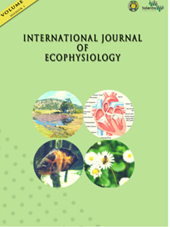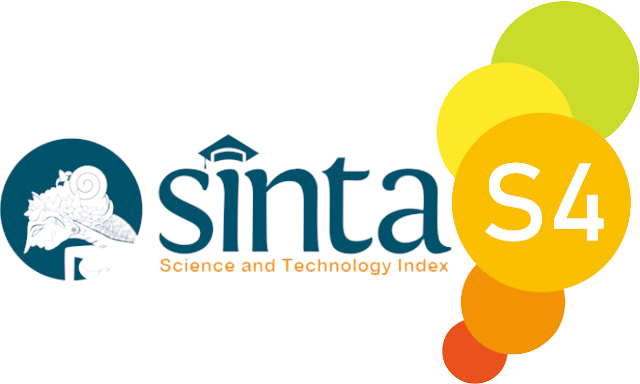Screening of Extract Secondary Metabolites of Bacteria Which Have Symbiosis with Sponges from Central Tapanuli Bakar Island as an Antibacteria
DOI:
https://doi.org/10.32734/ijoep.v6i1.17821Keywords:
Sponge, Bacteria, Antibacterial, Secondary MetabolitesAbstract
This study aims to determine the presence of antibacterial-producing bacteria from sponges from Bakar Island, Central Tapanuli Regency and to determine the antibacterial activity of methanol extracts from potential bacterial isolates against Staphylococcus aureus and Escherichiacoli. 21 pure isolates were found and it was known that 9 isolates produced antibacterial against S. aureus and 4 isolates against E. coli. Bacterial isolates with the highest inhibition zone against bothS.aureus and E. coli were found in isolates with code SP20 with each large inhibition zone are 14.5 mm and 16.04 mm. Then microscopic observations were carried out, namely gram staining and were obtained 8 isolates were gram positive, and 1 gram was negative. The biochemical test showed that SP20 showed positive results for the Motility, TSIA and Catalase Test but negative for Citrate Test. Bacterial isolates withthe code SP20 had the largest inhibition zone so that these isolates were to be extracted.The resultsof the screening test showed that the secondary metabolitesof the sponge symbiont bacterial extract from Bakar Island were positive for flavonoids and saponins. And then test the activity of secondary metabolites with 3 concentrations, 10%, 20%, and 30%.The results showed that the best concentration of the test bacteria was S. aureus at a concentration of 30% with an inhibition zone of 3.08 mm and E. coli at 5.04 mm.














